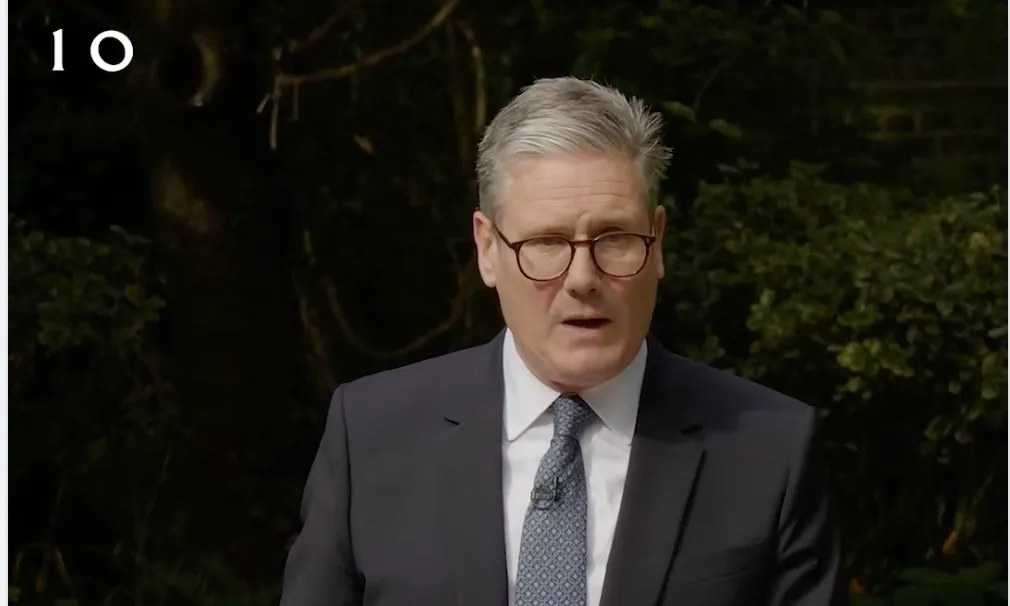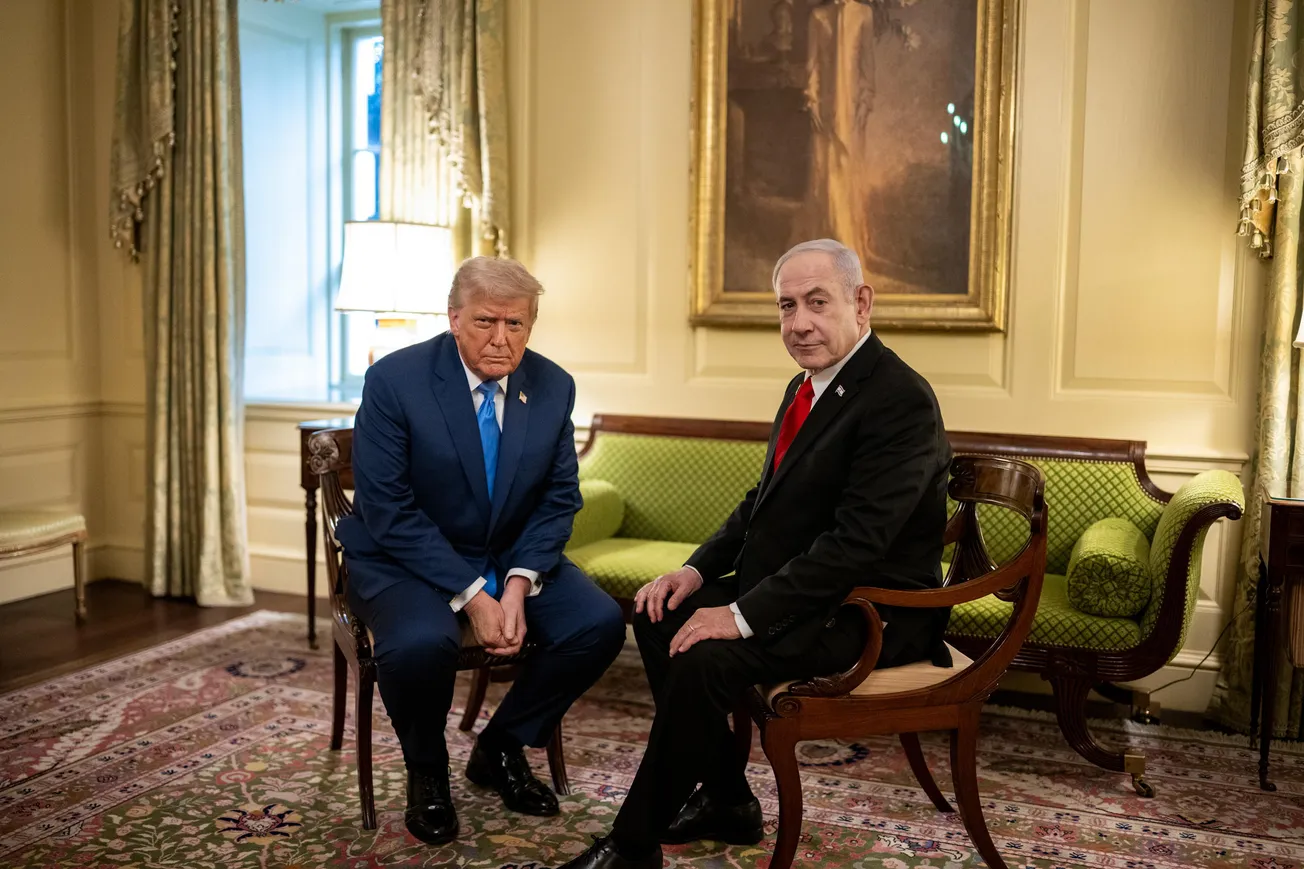The Biden Administration and the Starmer government in the U.K. are taking steps to “nation-proof” their nuclear weapons sharing arrangement so that it is no longer subject to periodic renewal by the president and prime minister in office. The Financial Times reported on Sept. 2 that the two governments plan to replace the 1958 Mutual Defense Agreement (MDA), which governs technology-sharing between the two countries’ nuclear weapons programs, with a treaty that eliminates the MDA’s requirement for a renewal every 10 years. It “follows UN warnings that Russia’s war in Ukraine has sparked a global race for nuclear weapons,” FT notes. FT also notes that the proposed change to the MDA comes after Britain, the U.S. and Australia launched AUKUS, a trilateral defense pact aimed at countering China’s presence in the Indo-Pacific with nuclear-powered attack submarines.
“Putting the [U.S.-U.K.] nuclear-sharing arrangements on a permanent footing is quite a substantial change in their relationship,” said David Cullen, director of the Nuclear Information Service, a U.K. think-tank. “It provides a permanent underpin to the modernization of the U.K.’s nuclear deterrent. It also locks in cooperation over AUKUS.” And it certainly challenges the commitment for the elimination of nuclear weapons made in the Nuclear Non-Prolieration Treaty (NPT), though this is not mentioned.
Malcolm Chalmers, deputy director of the Royal United Services Institute (RUSI), was even more to the point. “It’s good news for the U.K. that it doesn’t need to worry about a future U.S. administration using a future renewal [of the treaty] as leverage,” he told FT. “It is also noteworthy that it [the change] is uncontroversial [in the U.K.],” Chalmers added, insisting that anti-nuclear sentiment had lessened in frontline British politics since 2014. “Mainly it’s [due to] the effect of the intensified Russian threat on our domestic nuclear debate.” In May 2022, Chalmers proposed a “Crimean Missile Crisis” as a way of “settling” the Russia-Ukraine war.
According to the FT, the Starmer government presented the amended MDA to the British Parliament on July 26. In the U.S., President Joe Biden sent a letter, dated July 29, to Congress for ratification of the amended MDA, saying it would “enable broad and enduring co-operation” with the U.K.’s nuclear program and “further improve our mutual defense posture.”




